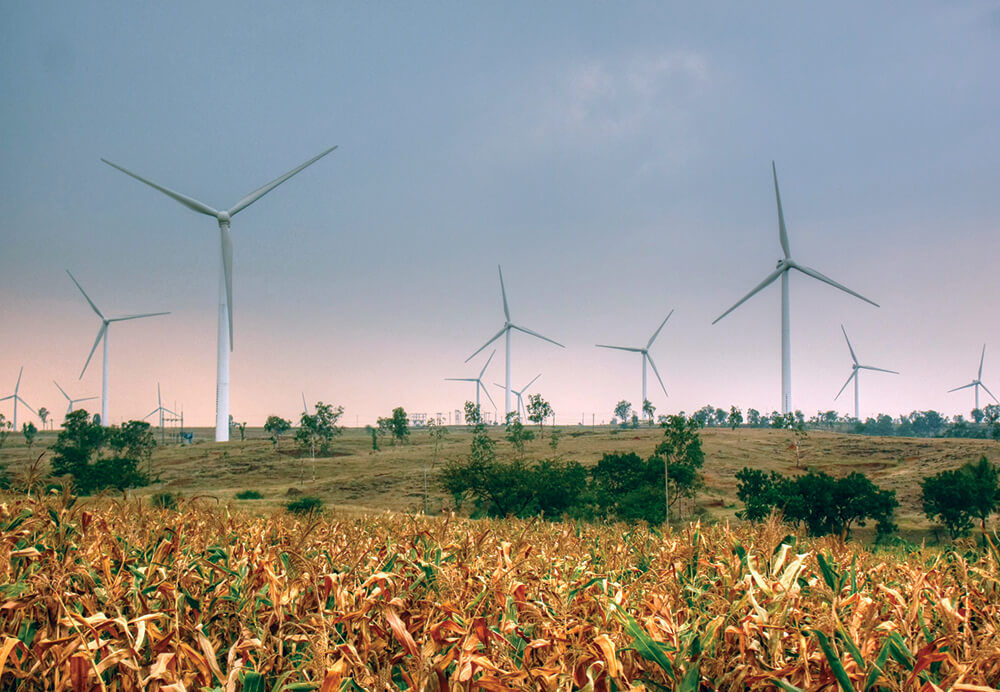In a significant policy push towards realizing the vision of Aatmanirbhar Bharat (Self-Reliant India), the Government of India has unveiled a transformative regulatory framework supporting the expanded use of Liquefied Natural Gas (LNG) and Hydrogen as cleaner fuels across multiple sectors.
Spearheaded by the Department for Promotion of Industry and Internal Trade (DPIIT), with coordination from PESO and the Ministry of Petroleum & Natural Gas (MoP&NG), this notification ushers in a new era for India’s industrial fuel landscape — promoting flexibility, safety, and sustainability.
Key Regulatory Reforms and Their Impact
1. Spark Ignition Engine Vehicles Now Permitted in Hazardous Areas
-
LNG-powered vehicles can now operate within hazardous industrial zones.
-
Enables direct LNG transport for Petroleum, Oil & Lubricants (POL) and flammable cargo.
-
Impact: Game-changing for bulk logistics and safer energy supply chains.
2. Mobile LNG Dispensing Permitted in Non-Transport Sectors
-
Authorization granted for mobile LNG fueling in:
-
Mining operations
-
Railway locomotives
-
Marine vessels
-
-
Impact: Reduces dependency on fixed refueling points, offering last-mile flexibility for high-consumption users.
3. Co-location of LNG with MS/HSD Retail Outlets Approved
-
LNG can now be dispensed from existing petrol/diesel stations.
-
Impact: Lowers capital expenditure (CapEx) for new infrastructure, accelerating retail-level LNG availability.
4. Hydrogen Safety and Storage Regulations Introduced
-
Initial frameworks created to facilitate green hydrogen use across sectors.
-
Focus areas: Storage, transport safety, and industrial application readiness.
-
Impact: Strengthens India’s preparation for the future hydrogen economy.
Special Note: Strategic Opportunities Unlocked
-
Mining Sector:
-
Use of LNG-fueled HEMMs (Heavy Earth Moving Machinery) becomes feasible.
-
Lower diesel dependence, reduced emissions, and improved cost-efficiency.
-
-
Long-Haul Transport & Logistics:
-
Legally viable LNG adoption for interstate trucking and cargo in restricted zones.
-
Supports India’s green mobility goals.
-
-
Retail Fuel Business:
-
Oil Marketing Companies (OMCs) and private players can now offer multi-fuel solutions under one roof.
-
Diversification boosts station profitability and consumer choice.
-
-
Decarbonization Push:
-
Facilitates energy transition via adoption of cleaner fuels.
-
Supports India’s Net-Zero and climate targets.
-
-
Hydrogen Integration:
-
Lays technical and legal groundwork for future hydrogen blending and usage in industry and transport.
-
These regulatory milestones represent a major leap in India’s journey toward cleaner, safer, and more sustainable fuel ecosystems. By empowering stakeholders across mining, logistics, retail, and heavy industry, this policy shift not only fosters innovation and economic efficiency but also fortifies India’s position as a forward-looking energy economy.

